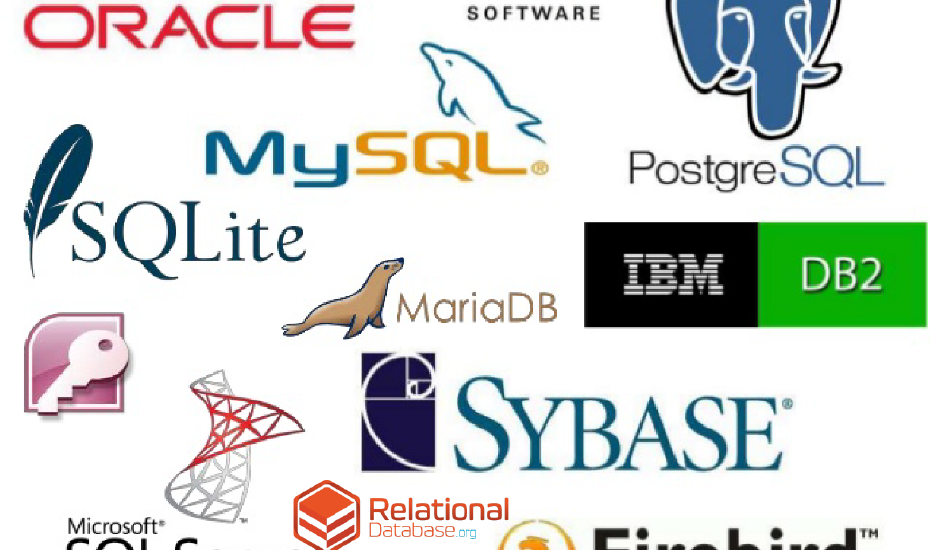
PROFESSIONAL DATABASE ADMINISTRATION (MySQL, MSSQL, Oracle, MariaDB)
14th-16th February, 2026 20th-22rd May, 2026
13th-15th July, 2026 23rd-25th September, 2026
INTRODUCTION
Professional Database Administration (DBA) involves the management, maintenance, performance, and security of database management systems (DBMS), such as MySQL, Microsoft SQL Server (MSSQL), Oracle, and MariaDB. The role of a professional DBA ensures that an organization’s data is stored efficiently, is readily available to authorized users, and is protected from unauthorized access or loss.
While core principles are the same, each DBMS has specific tools and nuances:
- MySQL & MariaDB: Often used in web applications and open-source environments. DBAs manage optimization for web-scale performance and work with tools like phpMyAdmin or MySQL Workbench [3, 4].
- Microsoft SQL Server (MSSQL): Used heavily in enterprise Microsoft environments. DBAs utilize SQL Server Management Studio (SSMS) and manage integration with other Microsoft products [3, 4].
- Oracle: A powerful, enterprise-level system known for its robustness and complexity. DBAs often manage very large databases (VLDBs) and use tools like Oracle Enterprise Manager (OEM)
A professional database administration course covering MySQL, MSSQL, Oracle, and MariaDB generally focuses on core DBA functions that are universal across platforms, while also highlighting the specific tools and nuances of each system.
Course Contents
The course contents can be divided into common core competencies and platform-specific applications:
Module One: Foundational Database Concepts and Design
- Database Fundamentals: Principles of database systems, relational database models (RDBMS), and data types.
- Database Design & Modeling: Entity-Relationship (ER) diagrams, logical and physical modeling, and normalization (1NF, 2NF, 3NF).
- SQL Proficiency: Mastery of Structured Query Language, including DDL (CREATE, ALTER, DROP), DML (SELECT, INSERT, UPDATE, DELETE), DCL (GRANT, REVOKE), transaction control (TCL), joins, subqueries, views, functions, triggers, and stored procedures.
Module Two: Installation and Configuration
- Server Deployment: Understanding deployment on various operating systems (Windows, Linux, Unix) and cloud platforms.
- Configuration & Optimization: Configuring server parameters and options for optimal performance and stability.
- Tools: Familiarization with platform-specific tools (e.g., MySQL Workbench, SQL Server Management Studio, Oracle Enterprise Manager).
Module Three: Security and User Management
- User & Access Control: Creating and managing user accounts, roles, and privileges.
- Security Best Practices: Implementing security protocols, auditing, and preventing SQL injection attacks.
- Encryption: Understanding data encryption at rest and in transit.
Module Four: Backup and Recovery
- Backup Strategies: Designing robust backup strategies (full, differential, incremental).
- Recovery Procedures: Executing data recovery and point-in-time recovery to prevent data loss and ensure business continuity.
- Platform-specific Tools: Using utilities like
mysqldump(MySQL/MariaDB), RMAN (Oracle), and built-in SQL Server backup tools.
Module Five: Performance Tuning and Monitoring
- Monitoring: Employing monitoring tools and interpreting server logs to proactively identify and resolve issues.
- Query Optimization: Utilizing indexing and query analysis to enhance database responsiveness.
- Troubleshooting: Diagnosing and resolving common database errors and performance bottlenecks.
Module Six: High Availability and Scalability
- Replication: Setting up and managing master-slave or multi-master replication configurations.
- Clustering & Failover: Implementing clustering and failover mechanisms (e.g., InnoDB Cluster for MySQL, Always On Availability Groups for MSSQL, Oracle RAC) to ensure uptime.
- Scalability: Strategies for managing large-scale databases and ensuring horizontal/vertical scalability.
Module Seven: Platform-Specific Focus Areas
While the core principles are shared, professional training will delve into the unique features of each system:
- MySQL/MariaDB: Focus on open-source aspects, InnoDB storage engine, and specific tools like Percona Toolkit and Galera Cluster.
- MSSQL (Microsoft SQL Server): Focus on the Microsoft ecosystem, SQL Server Management Studio (SSMS), T-SQL (Transact-SQL) dialect, and integration with other Microsoft products.
- Oracle Database: Emphasis on enterprise-level features, Oracle architecture, PL/SQL dialect, RMAN, and advanced options like Real Application Clusters (RAC) and Flashback technology.
Duration: Three days Fee: N300,000
Your feedback helps Google improve. See our Privacy Policy.
Share more feedbackReport a problemClose
Phone No:
08052062320, 08095284269, 07085271570
Email Address
training@nazellinkconsult.com info@nazellinkconsult.com
